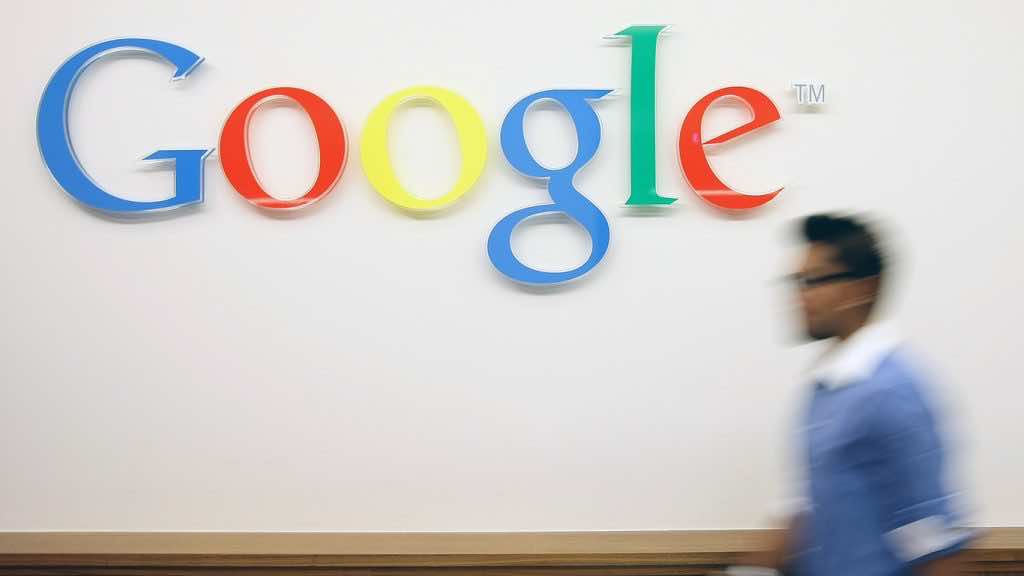Arlo, Apple, Wyze, and Anker, owner of Eufy, all confirmed to CNET that they won’t give authorities access to your smart home camera’s footage unless they have been presented with a warrant or court order. They have specified it because Google and Amazon are doing just the opposite: they allow police to get this data without a warrant if police claim there’s been an emergency.
Here’s what Google’s information request policy has to say about “requests for information in emergencies:”
“If we actually believe that we can keep someone from dying or from suffering serious physical harm, we may provide information to a government agency — for example, in the case of bomb threats, school shootings, kidnappings, suicide prevention, and missing persons cases. We still consider these requests in light of applicable laws and our policies.”
An unnamed Nest spokesperson did tell CNET that the company tries to give its users notice when it provides their data under these situations (though it does say that in emergency cases that notice may not come unless Google hears that “the emergency has passed”). Amazon, on the other hand, declined to tell either The Verge or CNET whether it would even let its users know that it let police access their videos.
“If a situation is urgent enough for law enforcement to request a warrantless search of Arlo’s property then this situation also should be urgent enough for law enforcement or a prosecuting attorney to instead request an immediate hearing from a judge for issuance of a warrant to promptly serve on Arlo,” the company told CNET. Amazon told CNET that it does deny some emergency requests “when we believe that law enforcement can swiftly obtain and serve us with such a demand.”
Apple and Anker’s Eufy, state that even they don’t have access to users’ video due to end-to-end encryption by default. Even if they could, the feature doesn’t work with its battery-operated cameras. It’s also not on by default, and you have to give up a few features to use it, like using Alexa greetings or viewing Ring videos on your computer. Google, on the other hand, doesn’t offer end-to-end encryption on its Nest Cams last we checked.
However, this doesn’t mean that the companies that don’t have access to videos are safe. Last year, Anker apologized after hundreds of Eufy customers had their cameras’ feeds exposed to strangers, and it was recently revealed that Wyze failed to alert its customers to gaping security flaws in some of its cameras that it had known about for years. Apple may not have a way to share your HomeKit Secure Video footage, but it cooperates with other emergency data requests from law enforcement — as evidenced by reports that it, and other companies like Meta, shared customer information with hackers sending in phony emergency requests.

